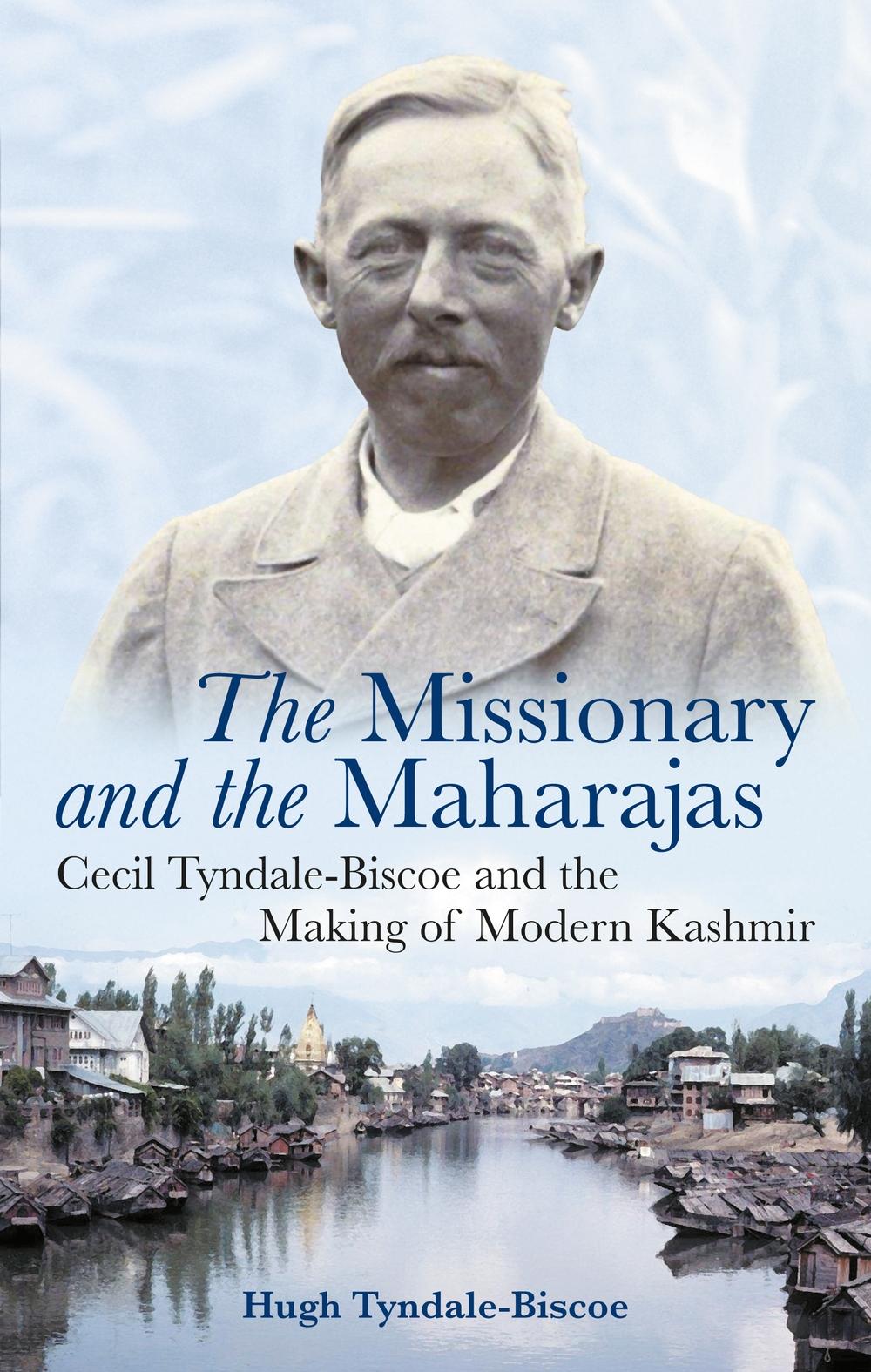Missionary and the Maharajas

Missionary and the Maharajas
He was 27 when he became the Principal of the Church Missionary Society's school in Kashmir in 1890 and he left as India gained independence in 1947. His vision was of a school in action, vigorously involved in the affairs and problems of the city of Srinagar, to support the weak and to fight corruption wherever it occurred. Under his leadership the masters and boys were engaged in fighting fires in the city, saving people from drowning, taking hospital patients for outings on the lakes, helping women and removing the ban on the remarriage of young widows. His avowed purpose was to make his students into honest, fearless leaders, who would serve their beloved country of Kashmir.
The book begins with the medieval condition of Kashmir in the nineteenth century; describes the development of his unusual approach to education; explores the many challenges he had to overcome, including his chronic bad health, his difficulties with the CMS and the opposition of the Hindu establishment and State Government; and contrasts this with the speedy and enthusiastic acceptance by his young Kashmiri teachers and students of what he was offering and how together they transformed their society and prepared Kashmir for independence.
PRP: 202.58 Lei
Acesta este Pretul Recomandat de Producator. Pretul de vanzare al produsului este afisat mai jos.
182.32Lei
182.32Lei
202.58 LeiIndisponibil
Descrierea produsului
He was 27 when he became the Principal of the Church Missionary Society's school in Kashmir in 1890 and he left as India gained independence in 1947. His vision was of a school in action, vigorously involved in the affairs and problems of the city of Srinagar, to support the weak and to fight corruption wherever it occurred. Under his leadership the masters and boys were engaged in fighting fires in the city, saving people from drowning, taking hospital patients for outings on the lakes, helping women and removing the ban on the remarriage of young widows. His avowed purpose was to make his students into honest, fearless leaders, who would serve their beloved country of Kashmir.
The book begins with the medieval condition of Kashmir in the nineteenth century; describes the development of his unusual approach to education; explores the many challenges he had to overcome, including his chronic bad health, his difficulties with the CMS and the opposition of the Hindu establishment and State Government; and contrasts this with the speedy and enthusiastic acceptance by his young Kashmiri teachers and students of what he was offering and how together they transformed their society and prepared Kashmir for independence.
Detaliile produsului








